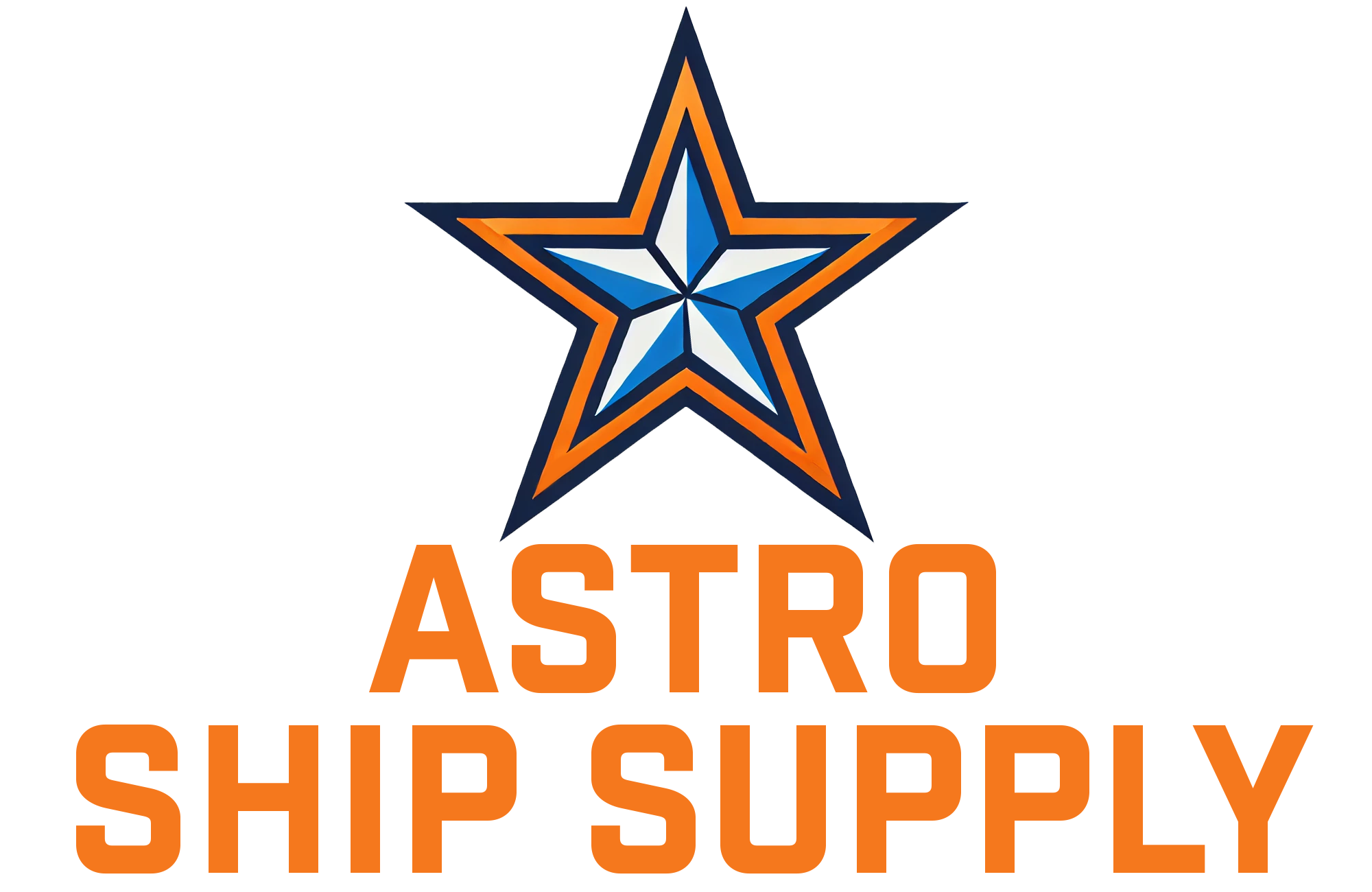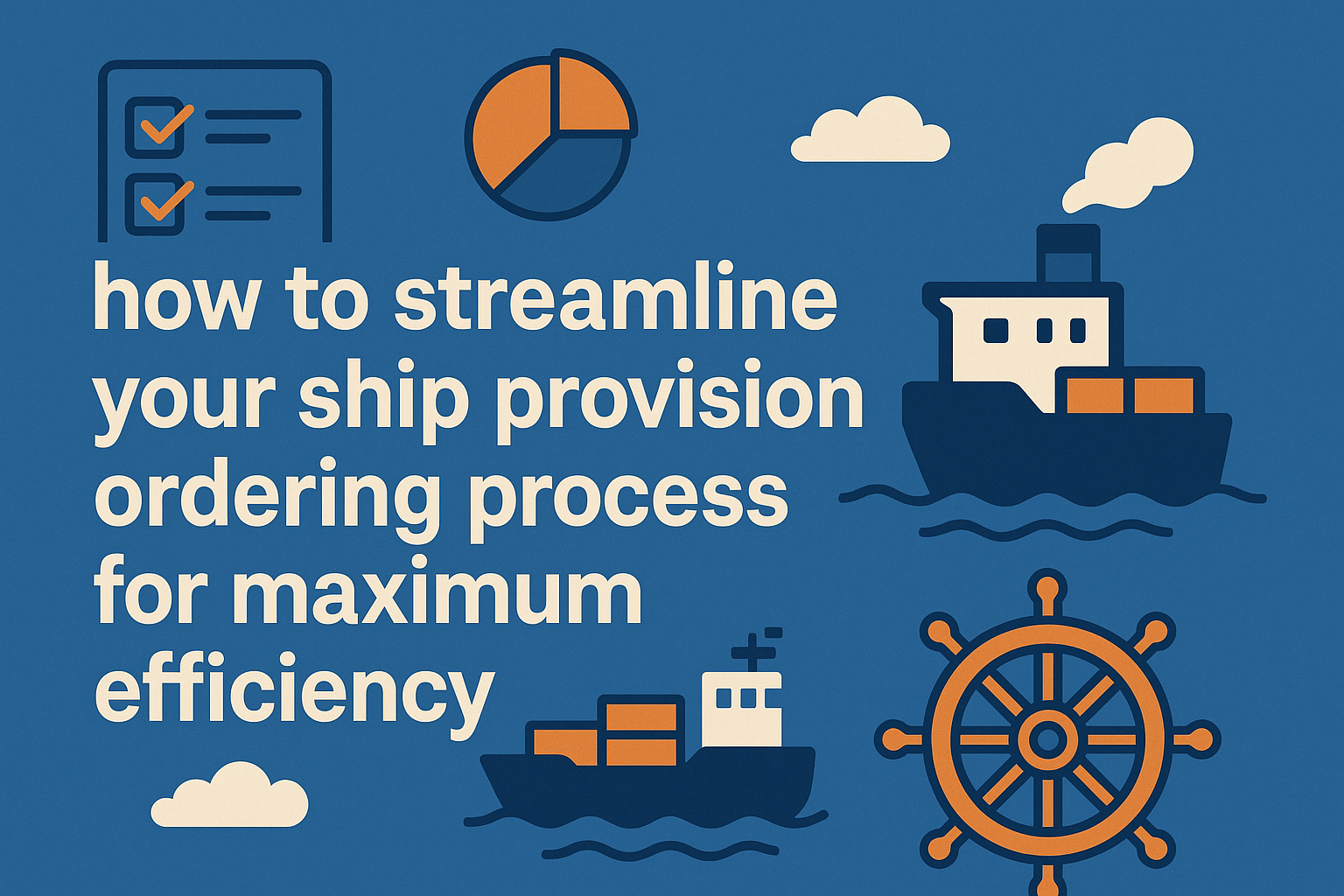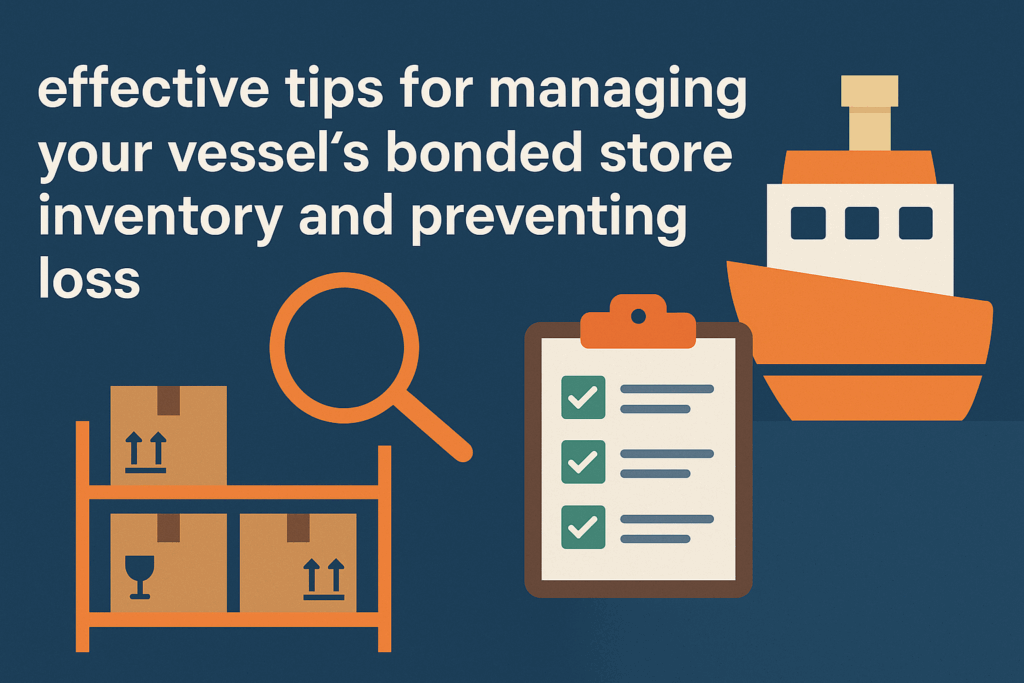Beyond the Requisition Form: Revolutionizing Your Ship’s Provisioning Workflow
For vessel operators, masters, and chief stewards, provisioning is a relentless cycle – a critical task that, if managed inefficiently, can become a vortex of wasted time, escalating costs, frustrated crew, and even operational hiccups. The traditional image of scribbled lists, last-minute scrambles, and uncertain deliveries is one many in the maritime industry are keen to leave behind. Streamlining your ship provision ordering process isn’t just about tidying up paperwork; it’s a strategic move towards enhanced efficiency, significant cost savings, improved crew welfare, and overall smoother voyages. This comprehensive guide will illuminate the path to transforming your provisioning from a logistical headache into a well-oiled machine, especially when partnering with a forward-thinking chandler like Astro Ship Supply.
The journey from identifying needs to receiving quality provisions onboard involves multiple touchpoints. Each represents an opportunity for optimization or, conversely, a potential pitfall. Let’s explore how to build a robust, efficient system.
The Hidden Toll: Unmasking the True Costs of Inefficient Provision Ordering
A disorganized or rushed provisioning process inflicts damage far beyond simple administrative overhead. These inefficiencies create ripple effects that impact your bottom line, crew, and operational tempo.
H3: More Than Just Wasted Hours: The Cascade Effect
Consider the multifaceted impact of a poorly managed ordering system:
- Crew Morale & Dissatisfaction: Consistently receiving wrong items, insufficient quantities of preferred foods, or poor-quality produce directly impacts crew well-being and can lead to complaints and reduced motivation.
- Food Wastage & Spoilage: Over-ordering due to inaccurate forecasting, receiving items with short shelf lives due to poor planning, or getting unwanted substitutions leads to significant food waste – a direct financial loss and an environmental concern.
- Budget Overruns: Last-minute orders often incur premium pricing or emergency delivery fees. Repeated errors requiring re-orders also inflate costs unnecessarily.
- Health & Dietary Complications: Failure to accurately order for special dietary needs (allergies, medical conditions, religious requirements) can have serious health implications for crew members.
- Operational Delays: While less common for general provisions, missing critical catering supplies or not having enough potable water due to ordering oversights can, in extreme cases, impact sailing schedules or require emergency off-schedule replenishments.
H3: Common Stumbling Blocks in Traditional Provision Ordering
Many vessels fall into recurring traps that sabotage efficiency:
- Vague or Incomplete Requisitions: Using non-standard descriptions, missing units of measure (e.g., “kilos” vs. “cases”), or omitting quality specifications.
- Last-Minute Submissions: Not providing chandlers with adequate lead time, forcing rushed sourcing and increasing the likelihood of errors or unavailability.
- Poor Communication & Follow-Up: Lack of a clear point of contact, no confirmation of order receipt, and failure to discuss potential substitutions.
- Ignoring Crew Preferences & Dietary Data: Relying on generic lists without systematically incorporating valuable feedback or documented needs.
- Manual Errors & Miscalculations: Mistakes in tallying quantities or transcribing orders, especially with handwritten lists.
- Not Leveraging Chandler Expertise: Failing to consult with the ship chandler on seasonal availability, local alternatives, or optimal packing.
Recognizing these pitfalls is the first step towards building a more effective system.
The Efficiency Blueprint: 6 Pillars of a Streamlined Provision Ordering Process
Transforming your provisioning requires a systematic approach. Implementing these key strategies will yield significant improvements in efficiency and reliability.
H3: 1. Standardize Your Lists & Embrace Digital Templates
Clarity starts with your requisition. Standardized lists are the bedrock of efficient ordering.
- Develop Master Item Lists: Create a comprehensive list of all commonly ordered provisions with unique item codes (if your chandler uses them, adopt theirs), precise descriptions (e.g., “Apples, Fuji, Grade A, approx. 150g each”), standard units of issue (kg, liter, case of 24, tin), and even preferred brands if critical.
- Utilize Tailored Templates: Design digital templates (Excel, specialized software, or your chandler’s portal) for different voyage types, durations, and crew complements. Pre-fill standard items and quantities that can be adjusted. This minimizes repetitive data entry and ensures consistency. Astro Ship Supply can often provide guidance on effective template creation.
- Specify Quality & Packaging: Clearly indicate desired quality grades (e.g., “Prime beef,” “Fresh Class I vegetables”) and any specific packaging requirements (e.g., “vacuum-packed portions,” “frozen only”).
H3: 2. Plan Proactively & Consolidate for Maximum Impact
Reactive ordering is inefficient and costly. Proactive planning is key.
- Forecast Accurately: Analyze past consumption data, consider current crew numbers, voyage duration, expected weather conditions (which can impact fresh produce longevity), and upcoming port rotations to predict needs accurately.
- Establish Realistic Lead Times: Work with your chandler to understand their required lead times for different types of provisions, especially for specialized items or large orders. Submit orders well in advance.
- Consolidate Orders Where Possible: For vessels with predictable routes, explore consolidating orders for several upcoming ports with a chandler who has a wider network or robust logistics. This can sometimes lead to better pricing and simplified administration.
H3: 3. Champion Clear, Consistent Communication
Miscommunication is a primary source of provisioning errors.
- Designate Single Points of Contact (SPOC): Have one designated person on the vessel (e.g., Chief Steward/Cook) responsible for compiling and sending orders, and a dedicated contact person at your chandlery (like an account manager at Astro Ship Supply).
- Written Confirmations are Crucial: Always get written confirmation of order receipt from your chandler. Similarly, any changes, substitutions, or clarifications should be documented via email.
- Regular Updates & Transparency: A good chandler will provide updates on order status, especially if there are potential issues with availability, and will discuss any necessary substitutions *before* delivery.
H3: 4. Leverage Your Chandler’s In-Depth Expertise
Your ship chandler is more than just an order-taker; they are a valuable resource.
- Consult on Availability & Alternatives: Discuss seasonal variations for fresh produce, local specialties that might be cost-effective and popular with multinational crews, and suitable alternatives if requested items are unavailable or overly expensive.
- Tap into Logistical Know-How: Experienced chandlers understand port-specific delivery challenges, optimal timing, and how to pack provisions for durability and ease of loading/storage. They ensure compliance with food safety standards like HACCP throughout their supply chain.
- Seek Advice on New Products or Trends: Chandlers are often aware of new food products, packaging innovations, or dietary trends that might benefit your crew or budget.
H3: 5. Integrate Crew Feedback & Manage Dietary Needs Systematically
A well-fed crew is a happy and productive crew.
- Establish a Feedback Loop: Implement a simple system for gathering crew feedback on provision quality and preferences (e.g., comment cards, regular informal discussions by the Chief Steward).
- Maintain Accurate Dietary Records: Keep an updated, confidential list of all crew members’ allergies, medical dietary restrictions (e.g., low sodium, diabetic), and significant religious dietary requirements. Communicate this clearly with each order.
- Balance Preferences with Practicality: While it’s impossible to cater to every individual whim, making a genuine effort to include popular and culturally diverse options significantly boosts morale.
H3: 6. Implement Rigorous Post-Delivery Review & Reconciliation
The process doesn’t end when the supplies hit the deck.
- Prompt & Thorough Checking: Inspect deliveries immediately upon arrival against the order form and delivery note. Check quantities, quality (especially for fresh items), and expiry dates.
- Report Discrepancies Immediately: Notify your chandler of any shortages, damages, or incorrect items *before* signing off, if possible, or as soon as discovered. Photographic evidence can be helpful.
- Analyze Consumption & Refine Future Orders: Track actual consumption of key items to identify over-stocking or under-stocking patterns. Use this data to fine-tune future requisitions for better accuracy.
Streamlined vs. Inefficient Provisioning: A Comparative Glance
| Aspect of Ordering | Inefficient Process | Streamlined Process (with a proactive chandler) |
|---|---|---|
| Order Placement | Last-minute, vague lists, handwritten, multiple points of contact. | Well in advance, standardized digital templates, clear item descriptions, single point of contact. |
| Communication | Minimal, reactive, no confirmation, substitutions unannounced. | Proactive, order confirmations, discussion of alternatives, delivery updates. |
| Item Quality/Accuracy | Frequent errors, wrong items, poor quality, dietary needs missed. | High accuracy, consistent quality, dietary needs addressed, quality checks (Astro’s commitment). |
| Cost Management | Budget overruns, premium prices for rush orders, high wastage. | Predictable costs, optimized purchasing, minimal wastage, better inventory control. |
| Crew Satisfaction | Low morale, frequent complaints about food. | High morale, positive feedback, dietary needs met. |
| Time & Effort | Excessive administrative time, constant firefighting. | Reduced administrative burden, smooth and predictable process. |
The Tangible Rewards: Why Efficient Ordering Matters
Adopting a streamlined provisioning process, especially with a supportive partner like Astro Ship Supply, yields a multitude of benefits:
- Significant Time Savings: Reduced administrative workload for ship and shore staff.
- Substantial Cost Reduction: Minimized food wastage, fewer emergency orders, better price negotiation on planned purchases.
- Improved Crew Morale and Well-being: Consistent access to desired, quality food and catered dietary needs.
- Enhanced Food Safety and Quality Control: Clear specifications and partnership with HACCP-compliant chandlers.
- Greater Budgetary Control and Predictability: Accurate forecasting leads to more stable expenditure.
- Stronger, More Collaborative Supplier Relationships: Clear communication and mutual understanding foster trust and efficiency.
- Reduced Operational Stress: Fewer last-minute panics and errors related to provisioning.
Choosing Your Provisioning Partner: A Key to Streamlined Success
Your ship chandler plays a pivotal role in the efficiency of your provisioning. When selecting a partner for your provisions and food supply, look for:
- Commitment to Quality: Adherence to food safety standards (HACCP), transparent sourcing, and consistent product quality.
- Strong Communication & Customer Service: Dedicated points of contact, responsiveness, and proactive updates. (Contact Astro to experience ours).
- Logistical Expertise: Deep knowledge of local port operations, reliable delivery capabilities, and effective inventory management.
- Flexibility & Problem-Solving Skills: Ability to handle special requests, offer suitable alternatives, and manage unforeseen challenges.
- Technological Adoption (where appropriate): User-friendly ordering platforms or digital catalog integration can further enhance efficiency.
- Fair and Transparent Pricing: Clear quotations with no hidden costs.
Conclusion: Transform Your Provisioning from Chore to Competitive Edge
Streamlining your ship provision ordering process is an investment that pays continuous dividends. By implementing standardized templates, planning proactively, fostering clear communication, leveraging chandler expertise, incorporating crew needs, and conducting diligent post-delivery checks, you can transform a traditionally cumbersome task into a model of efficiency. When these robust internal processes are combined with a reliable, quality-focused, and communicative ship chandler like Astro Ship Supply, the result is a provisioning system that supports your crew, your budget, and your overall operational excellence. Take control of your provisioning – your crew and your bottom line will thank you. Ready to experience a more efficient way to provision your fleet? Request a quote from Astro Ship Supply today.
Frequently Asked Questions (FAQ) on Streamlining Provision Orders
What is a reasonable lead time to give a ship chandler for a standard provision order?
While it varies by port and order complexity, providing at least 3-5 working days’ notice for standard provisions is a good general guideline. For very large orders, specialized items, or deliveries in particularly busy ports, 7-10 days or even more might be preferable. Always confirm specific lead time requirements with your chosen chandler.
How can we effectively manage special dietary requirements for a diverse crew?
Maintain an accurate, updated, and confidential list of all crew dietary needs (allergies, medical, religious). Communicate this clearly with every provision order. Use standardized templates that include a section for these needs. Work with your chandler to source appropriate items and ensure clear labeling of special meals or ingredients if prepared centrally.
What are the biggest mistakes to avoid when placing provision orders?
Common mistakes include: submitting orders too late, using vague or incomplete item descriptions, not specifying quantities or units correctly, failing to communicate dietary needs, poor communication leading to misunderstandings about substitutions, and not thoroughly checking deliveries upon arrival.
How can Astro Ship Supply help us streamline our provision ordering process?
Astro Ship Supply supports streamlined ordering through: providing clear guidance on creating effective order templates, offering expert advice on product selection and availability, ensuring rigorous HACCP-compliant quality control, maintaining proactive communication with dedicated points of contact, and leveraging our logistical expertise in the Port of Houston and Gulf Coast for reliable, on-time deliveries. Our goal is to make your provisioning as efficient and hassle-free as possible.
Can digital tools or software significantly improve provisioning efficiency?
Yes, significantly. Digital tools, from sophisticated procurement software to well-structured Excel templates or online ordering portals offered by chandlers, can reduce manual errors, improve consistency, speed up order creation, facilitate better record-keeping, and enhance communication. They are a key component of a modern, streamlined provisioning process.






